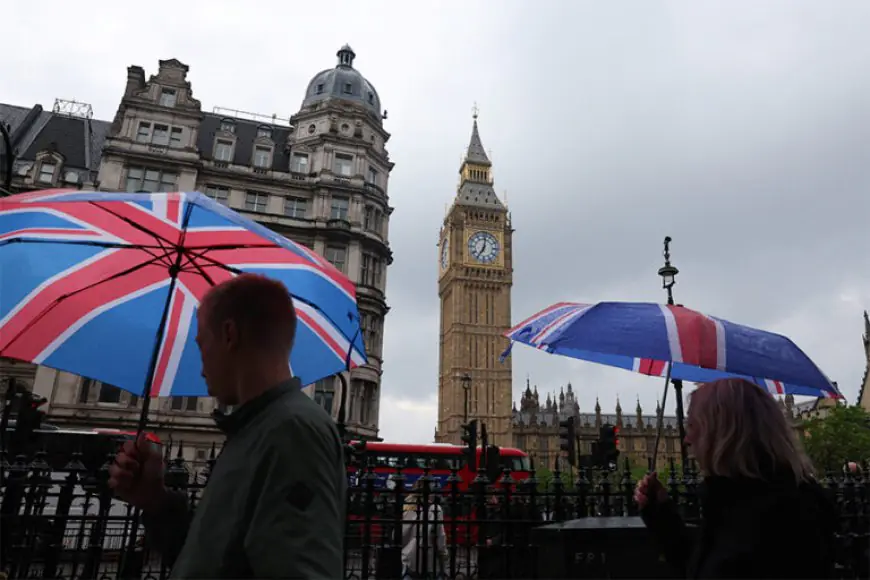British Christians face rising levels of harassment, discrimination, survey says

A new report claims that all British Christians are suffering rising levels of harassment and discrimination because of their faith, with the young particularly susceptible to intolerance.
It found that only 38 percent of Christians under 35 felt free to say what they think, and that 56 percent said they experienced hostility and ridicule if they discussed their religious beliefs, rising to 61 percent in the younger age group.
It also found that more than half of those under 35 felt there were negative stereotypes of Christians at their place of work, and that 78 percent of respondents said they believed religious discrimination was not treated as seriously as other forms of discrimination.
The report, called “The Costs of Keeping the Faith,” was published June 11 by Voice for Justice UK, a Christian group committed to social justice, based on a survey of 1,562 responses.
“Christianity lies at the foundation of British society, underpinning our tolerance and acceptance of diversity,” Lynda Rose, the director of Voice for Justice, said.
“But our survey shows Christians in the U.K., both in the workplace and socially, are increasingly subjected to discrimination and marginalization,” she said in a June 11 press release.
“Society has fallen victim to an ideology actively hostile to Christianity. This is a contravention of our law,” she said.
“If we want to safeguard our tolerance and freedom then we need to protect Christianity itself,” Rose added.
In a foreword to the report, Nick Fletcher, a committed Christian who was elected as a Conservative Member of Parliament in 2019, said: “Christianity is the cornerstone for so many of the values we take for granted.”
He added that “if it were not for Christianity our tolerance, our diversity, freedom of conscience and love for our neighbor would become a thing of the past. This report needs to be circulated widely among those working in human resources, those responsible for education, as well as employers, Church leaders, civil servants and those responsible for policy making.”
Fletcher said, “We all need to wake up to the attack on Christianity in our society, before it turns into something even more sinister. This report is a vital step in sounding the alarm.”
Voice for Justice commissioned the survey following the publication of a report by the Vienna-based Observatory on Intolerance and Discrimination Against Christians, which found that the U.K. is now ranked as one of the top five countries for anti-Christian hate crime in Europe.
As part of its investigations, it says it uncovered hundreds of instances of Christians suffering censorship, harassment, bullying or discrimination, often harming employment or promotion prospects.
More than half experienced hostility and ridicule and many complained they were being forced to adhere to ideologies they disagreed with or act against the dictates of their consciences.
“The biggest challenges came when Christians revealed they did not adhere to the beliefs of the LGBT movement,” Voice for Justice said in its press release.
This “raised questions about how we balance our different belief systems,” the group said, adding that “no protected characteristic is more important than another. Yet the majority felt there was a hierarchy of protected characteristics with religion at the bottom of the list.”
Many respondents also noticed that Muslims were being treated with “a greater sensitivity” than Christians. Some complained that any criticism of Islam or Muslims was equated to racism.
Some respondents objected to schools indoctrinating Christian children in secular ideologies even when their parents objected.
“Children expressing Christian beliefs would be bullied by pupils and intimidated by teachers,” said Voice for Justice. “Christian teachers were required to teach materials which went against their faith.”
The group said that when Christians were not supported by the mainstream churches to which they belonged, they responded not by complying but by leaving and practicing their faith independently of organized religion.
What's Your Reaction?









































